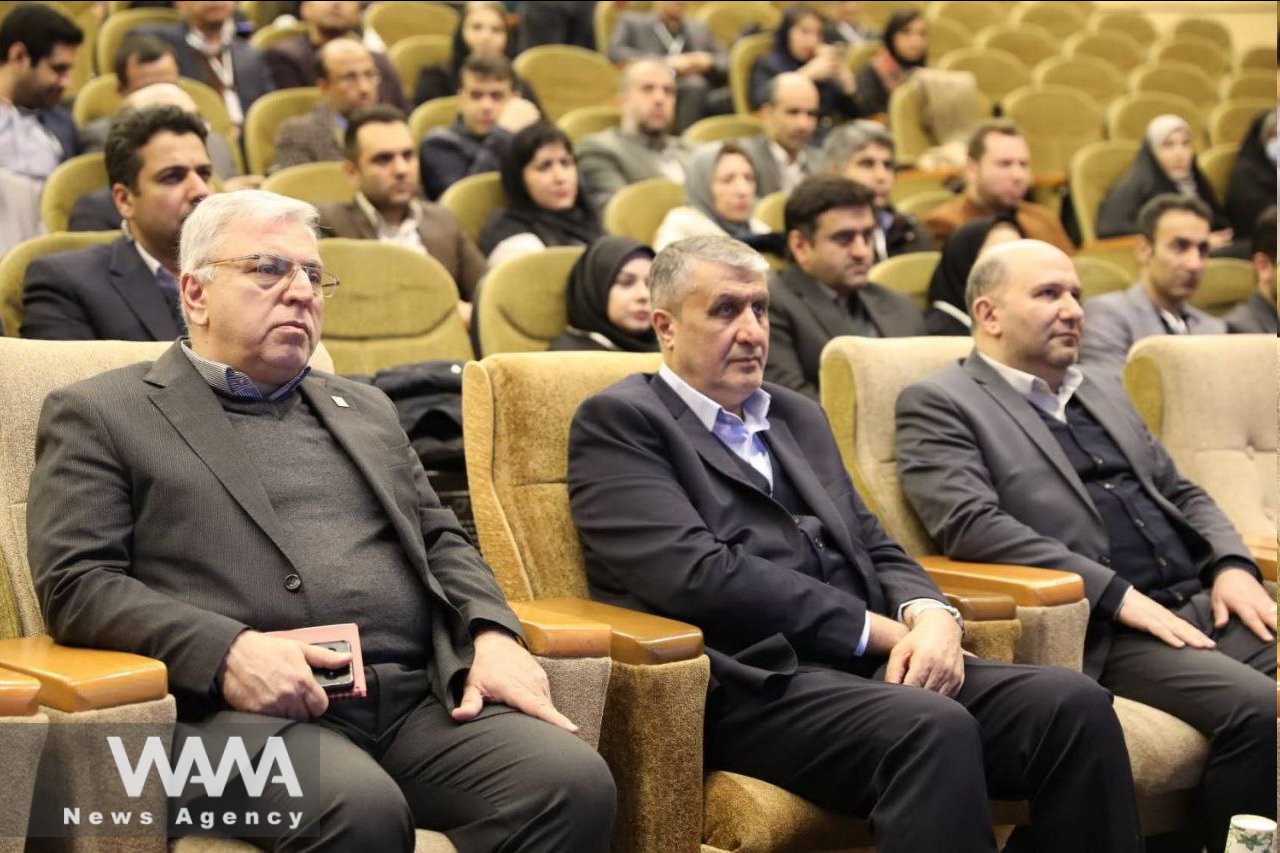Iran’s Plans for Nuclear Self-Sufficiency Amid Challenges
WANA (Jan 07) – The head of the Atomic Energy Organization of Iran emphasized the need for a more determined approach to nuclear power plant projects. He stated that with the skilled workforce, extensive resources, and plans already in place, Iran must move forward resolutely.
Speaking at the seventh two-day conference on ionizing and non-ionizing radiation safety and assessment, Mohammad Eslami highlighted that the 50th anniversary of the organization’s establishment and 49 years of nuclear safety measures show there is still a long way to go. He criticized the widespread propaganda against Iran’s nuclear program, saying, “There are significant truths behind the heavy atmosphere of intimidation surrounding Iran’s nuclear energy that remain undisclosed, while deceptive narratives about the program create pressure to oppose it.”
Referring to the U.S. Congress’s “1-2-3 agreement,” Eslami noted, “This law explicitly states that anyone wishing to work in the areas of enrichment, reprocessing, or heavy water must obtain permission from the United States. Over the past 50 years, Iran has consistently needed to enter these nuclear domains due to its potential, irrespective of being an Islamic Republic.”
Eslami explained that even before the revolution, intense pressure was applied to prevent Iran from entering the nuclear fuel cycle. “They claimed Iran could co-own a company to avoid this, leading to Iran investing $1 billion in a French company. However, later they excluded Iran under the pretext of being non-European while keeping the funds. The nuclear wealth that now powers 76% of France’s electricity owes its origins to Iran’s investment,” he added.

He also highlighted the marginalization of Iran after the revolution, stating, “They promoted the idea that nuclear energy was overambitious, even suggesting that land and facilities earmarked for nuclear plants in Bushehr and Khuzestan should be converted for education and agriculture, effectively ending nuclear ambitions.”
Commenting on Iran’s nuclear negotiations spanning over 25 years, Eslami said, “Governments of varying ideologies have engaged in talks, culminating in the JCPOA and Resolution 2231. These negotiations aimed to address accusations, lift sanctions, and impose temporary nuclear restrictions. Yet, external pressures, especially from Israel and opposing factions, led to Trump’s withdrawal from the JCPOA, and even Biden’s administration demanded reopening previously closed inspections as a pretext for further pressure.”
Eslami referred to a March 2024 ISIS report, which cited the Darkhovin power plant as an example of Iran’s nuclear ambitions. The report alleged that Iran’s determination to build the Darkhovin plant indicates technological advancement that could lead to unwanted proliferation. He explained, “When the French abandoned Darkhovin, Iran signed a contract with another European company, but the U.S. intervened, halting progress.”
He affirmed Iran’s commitment to its nuclear goals, stating, “We are advancing power and non-power reactor objectives with significant strength. Our capacities allow us to develop innovative and valuable projects that contribute to national growth.”
Eslami also detailed advancements in radiation applications, noting that the organization has developed numerous radiation systems to enhance public health and food security. “We have implemented a strategic plan to address the nation’s 50-year neglect in utilizing radiation effectively,” he concluded.












